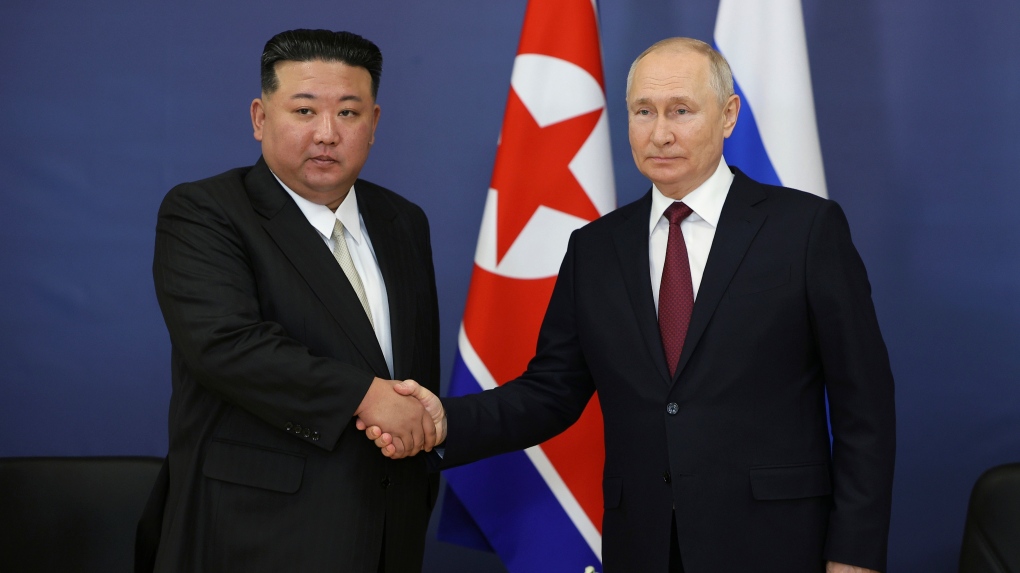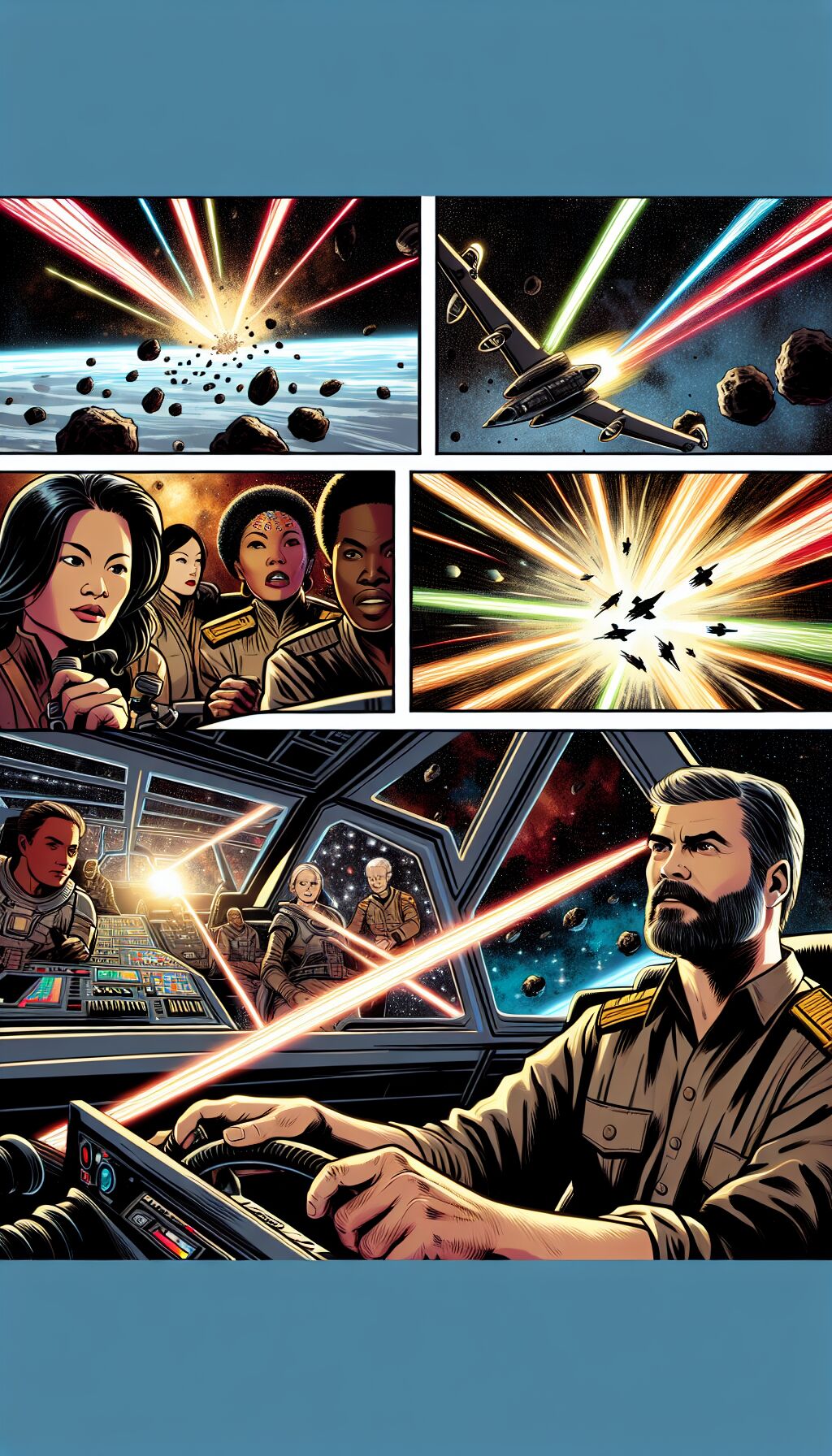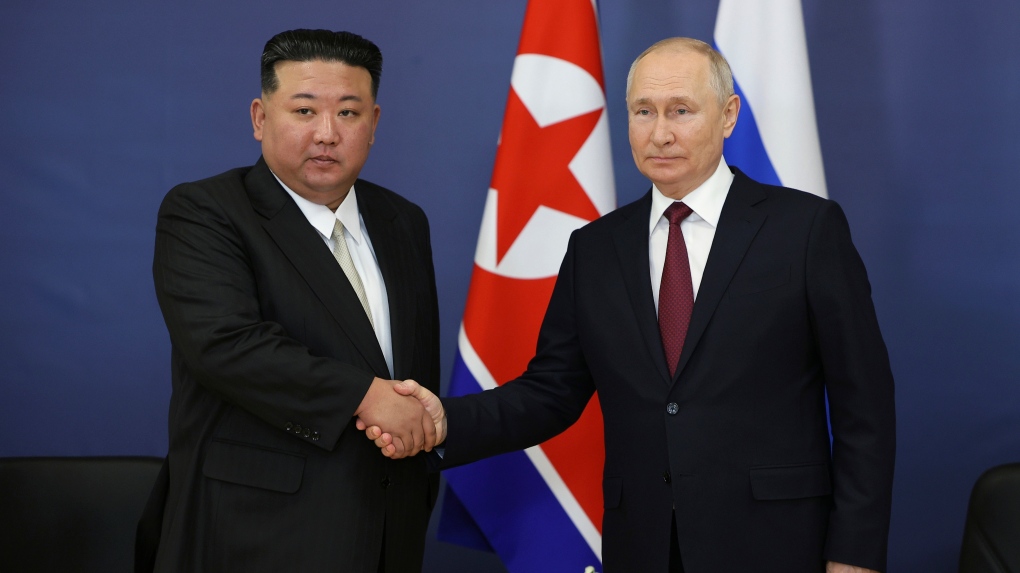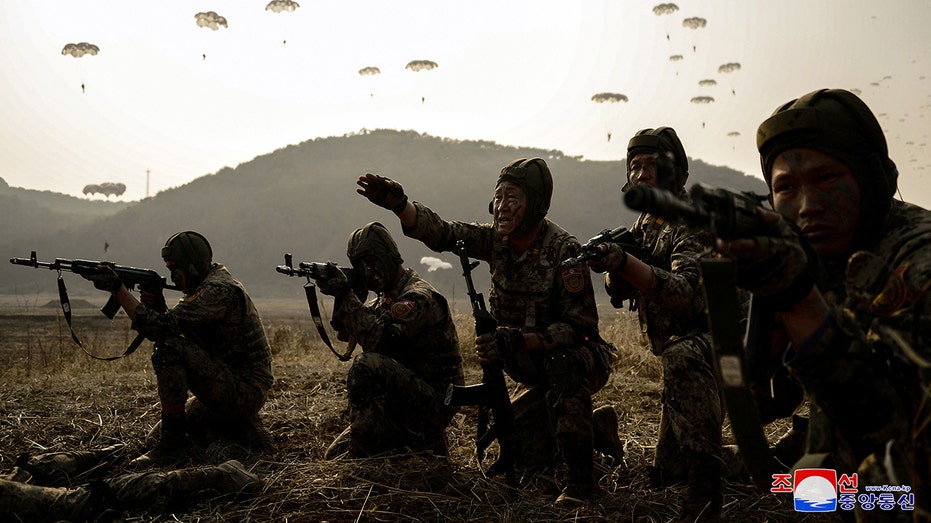
Desperate Measures: North Korean Soldiers in Ukraine
This story addresses suicide. If you or someone you know is struggling with thoughts of suicide, please
reach out to the Suicide & Crisis Lifeline by calling 988 or 1-800-273-TALK (8255).
North Korean Soldiers on the Frontlines in Ukraine
Recent reports reveal a grim reality about North Korean soldiers deployed in Russia’s Kursk region to assist in the fight against Ukrainian forces. According to an article published by Reuters on Tuesday, these soldiers appear to be facing extreme pressures, leading some to take drastic actions to avoid capture—including suicide.
A Troubling Battlefield
In a harrowing account following a recent confrontation, Ukrainian special forces conducted a search on the snowy battleground and discovered over a dozen North Korean soldiers dead. In a shocking turn of events, one soldier, instead of surrendering, chose to pull out a grenade and detonate it, tragically taking his own life without causing injury to nearby Ukrainian troops.
Captured Soldiers and Brutal Tactics
Days before this revelation, Ukrainian President Volodymyr Zelenskyy shared news of Ukrainian forces capturing two North Korean soldiers as prisoners of war. In an address to the nation, Zelenskyy noted the difficulty of the operation, stating that both North Korean and Russian forces have employed brutal tactics, including allegedly “finishing off their wounded Korean troops” to prevent the capture of their personnel.
Allegations of Military ID Manipulation
Ukraine has accused Russia of providing military identification to North Korean soldiers, allegedly attempting to obscure evidence of foreign troops supporting Moscow’s military efforts. While Western nations, including the United States, have confirmed North Korea’s involvement, Ukraine continues to highlight the controversial collaboration between the two countries.
A Significant Deployment
Current estimates indicate that up to 12,000 North Korean soldiers have been deployed to Russia, with approximately 11,000 stationed in the Kursk region. Their primary mission has been to counter Ukrainian advances. However, this operation is reportedly proving costly for North Korea, with Ukrainian and South Korean intelligence sources indicating that approximately 3,000 North Korean soldiers have fallen in battle since their deployment began in mid-November.
The Experience of Captured Soldiers
In a revealing post on the social media platform X (formerly Twitter), President Zelenskyy shared footage of the two captured North Korean soldiers undergoing medical care and interrogation. One soldier recounted a shocking twist of fate—despite initially believing he was partaking in training exercises, he later found himself thrust into active combat. By January 3, he witnessed the deaths of numerous fellow soldiers and ultimately hid for two days in a dugout before being discovered on January 5.
Ill-Prepared for War
Reports from Western intelligence and Ukrainian officials suggest the North Korean military personnel are ill-equipped for the intense fighting they encounter in Ukraine. Zelenskyy expressed confidence regarding future captures of North Korean soldiers, stating, “It’s only a matter of time before our forces capture more of them.”
A Proposal for Repatriation and Options for Defectors
Discussing the captured North Korean soldiers, Zelenskyy floated the idea of repatriating them to Kim Jong Un in exchange for Ukrainian prisoners being held in Russia. For those North Koreans who express a desire to stay and do not wish to return to their homeland, Zelenskyy hinted at the possibility of “other options” to be made available to them.
“It is crucial that we explore all avenues to ensure the release of our warriors,” Zelenskyy concluded, emphasizing the importance of international cooperation and strategic negotiations amidst the ongoing conflict.
The Human Impact of War
The tragic circumstances surrounding the deployment of North Korean troops in Ukraine serve as a poignant reminder of the human cost of war. The decisions made by these soldiers to avoid capture often stem from a deep-seated loyalty to their homeland, coupled with fears of retribution from an authoritarian regime that values compliance over the individual’s life.
Conclusion: A Broader Perspective
As the conflict escalates, the international community is watching closely how this alliance will unfold and the implications it holds for the geopolitics of the region. The plight of North Korean soldiers, caught between their military allegiance and the harrowing realities of combat, offers a sobering reflection on the impact of war on human lives.
These developments highlight the pressing need for dialogue and resolutions that prioritize the humanitarian aspects of warfare, alongside the strategic interests at play. The situation remains fluid, and both Ukrainian and international forces continue to monitor developments closely.


















